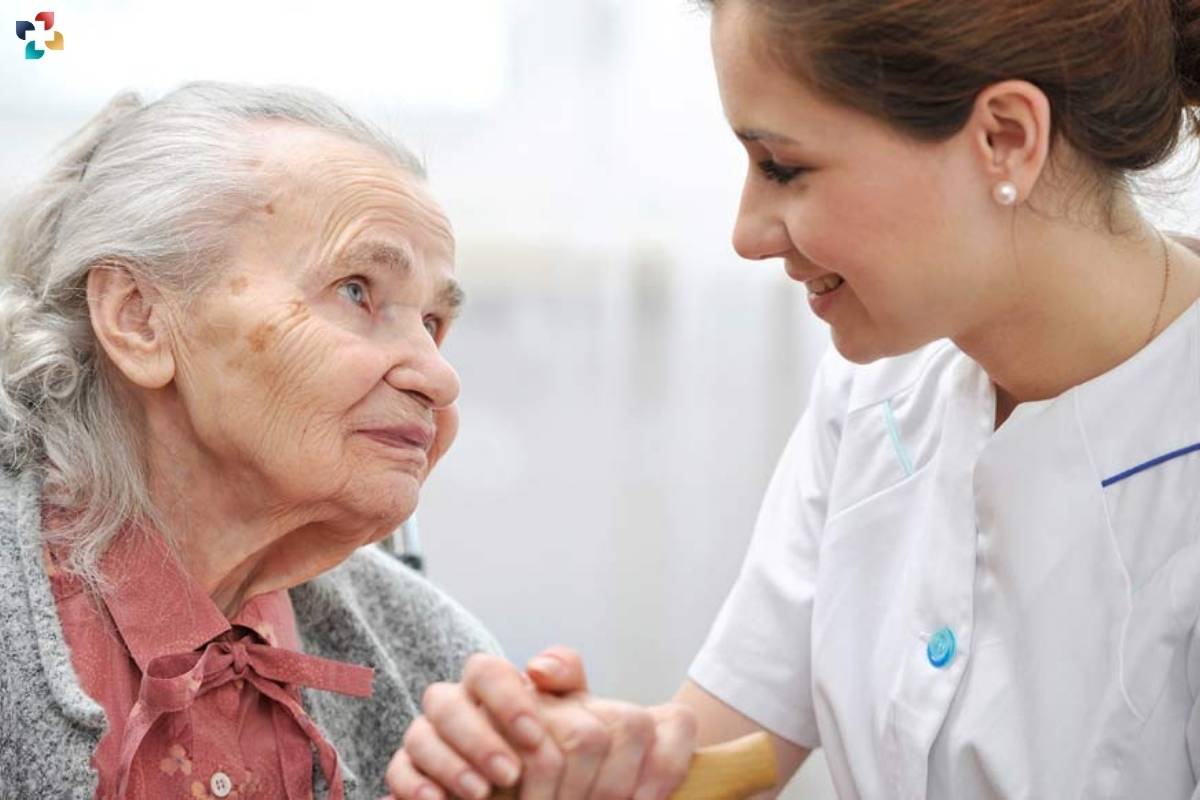The role of family caregivers is quite crucial for their loved ones. Your loved one can be a patient or an elderly person who can’t do everyday things on his own. They need support and help to cope in their daily life. The person who needs a family caregiver can be anyone from a baby, a friend, a middle-aged person, your spouse who is physically or mentally ill, etc.
Family caregivers are dependable beings who are kind-hearted and concerned about the person they’re caring for. Doing this needs a lot of physical and mental strength. It is a long way to go with a lot of mixed feelings. Occurrences of feeling like depression, anxiety, guilt, or grief are common in family caregivers. It is a very overwhelming job to do.
Here are 5 Tips for Family Caregivers:
1. Master communication with doctors:
For family caregivers, this is the most important skill. Learn or gain knowledge about some basic medical terms depending on the type of patient you’re handling. Research about what can go wrong depending on the condition and how to take care. Learn about how to handle various situations in anticipation of what can happen.

Train yourself well in advance to take care of the patient in adverse situations. When at home, you should be able to answer what the doctor asks. Make a list of basic things which can be asked. Analyze your patient and answer accordingly. Learn about how to check blood pressure levels and sugar levels. Digital instruments are available for the same.
2. Set boundaries:
As a family caregiver, take care of yourself too. Switch off from the caregiving mode once a week. Don’t be surrounded by the family caregivers’ atmosphere all the time. Delegate responsibility for a day or two. Set yourself free from the responsibility once in a while. Burnouts can be pretty disturbing for you and the patient as well.
A change from the daily routine is necessary at all times. A family caregiver cannot control everything so don’t stress about the same. If you need a break in between or keep a substitute ready in place of you. The person should be able to handle it in the same manner as you.
3. Be in touch with a similar community group:
In this digital age, be acquainted with a community group. A group where similar people are taken care of. You get different ideas, hacks, or tacts that make your work easy. It can also reduce the effort of the patient too. A bunch of family caregivers share each other’s experiences on improving the daily tasks or making them simple for themselves or for the patient.
Other family caregivers can just share their thoughts, views, or opinions on any topic related to the patients. Sometimes just open up to the group about the stress involved in being a family caregiver.
4. Ask for help:
Family caregivers can be stubborn sometimes to do all tasks on their own. That is not right. It may be difficult to ask for help from family or friends sometimes. The feeling of your request getting rejected stops you from asking for help. But if you go straight up to the person and ask for help, he may be more than happy to do that.

You never know. Often your friends and family may want to help you, but hesitate to ask for the same. So they don’t approach you in that context. Ask people in what way can they help. If it doesn’t turn out as you expected, work out some way. Share the load with them as you’re more known about how to handle things.
5. Adapt technology which helps:
Family caregivers are all-rounders. The passion they have for caring for people makes them stand out. If facing any situations in which they need answers, they can always rely on technology. There can be apps available on the internet that will help you with tips and tricks to act efficiently as a family caregiver.
You can post your doubts on Q and A websites to gain answers to some specific questions. Watch videos to gain knowledge on how to act as a family caregiver if you’re new to all of this. Get machines that make your job easier e.g. devices for blood pressure and sugar monitoring.
Characteristics of family caregivers
1. Trustworthy and dedicated:
A family caregiver is a trustworthy person who can be relied on. He has compassion for what he is doing. Other members of the family are relaxed and can concentrate on their daily work without much worry. They are dedicated to the person they’re looking after in all manners. They take good care of the needs of the patient’s requirements. A bond is formed between them so they understand the patient’s needs.
2. Respect for the patient:

Maintaining the dignity and respect of the patient is the basic thing a family caregiver does. There are times in the life of the family caregiver when he may feel burdened by the responsibility of the patient. He is empathetic towards the patient and knows his requirements well. He does not disrespect the patient while conversing or sharing thoughts. They provide the patient with the necessary respect, softness, and care they deserve or need.
3. Being kind and thoughtful:
Being soft-spoken is the basic characteristic of the family caregiver. Not giving the patient the feeling of dependency, he’s a burden on the family or the caregiver suffering because of him are situations that he knows how to handle. Predictions about the health and what will benefit the patient in terms of lifestyle are aspects well-known to him.
Conclusion:
Family caregivers are gems of the human race. They readily take up the responsibility and are well aware of what and how to do it. They have dedication, compassion, genuine care, and empathy for the patients as if they are their family members or friends. Being related to each other they cannot see the patient suffering alone and take up responsibility of taking care of them. The fact that they deserve a break too is very important for other members to acknowledge.
Also Read: Iron Deficiency Could Be Making Your Mental Health Symptoms Worse











